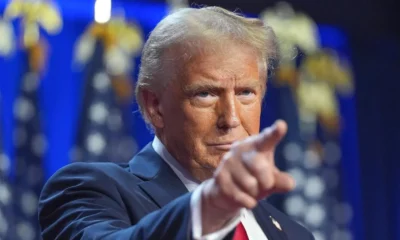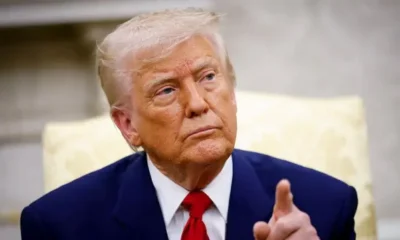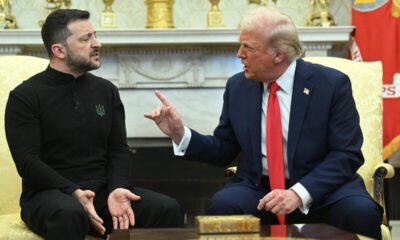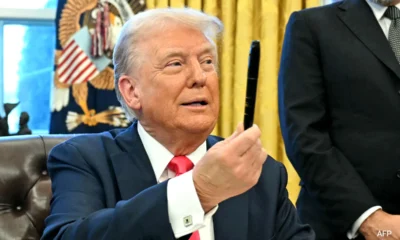News
12 US States Take Trump to Court Over Tariffs in Historic Showdown
Published
8 months agoon
By
M N Ridwan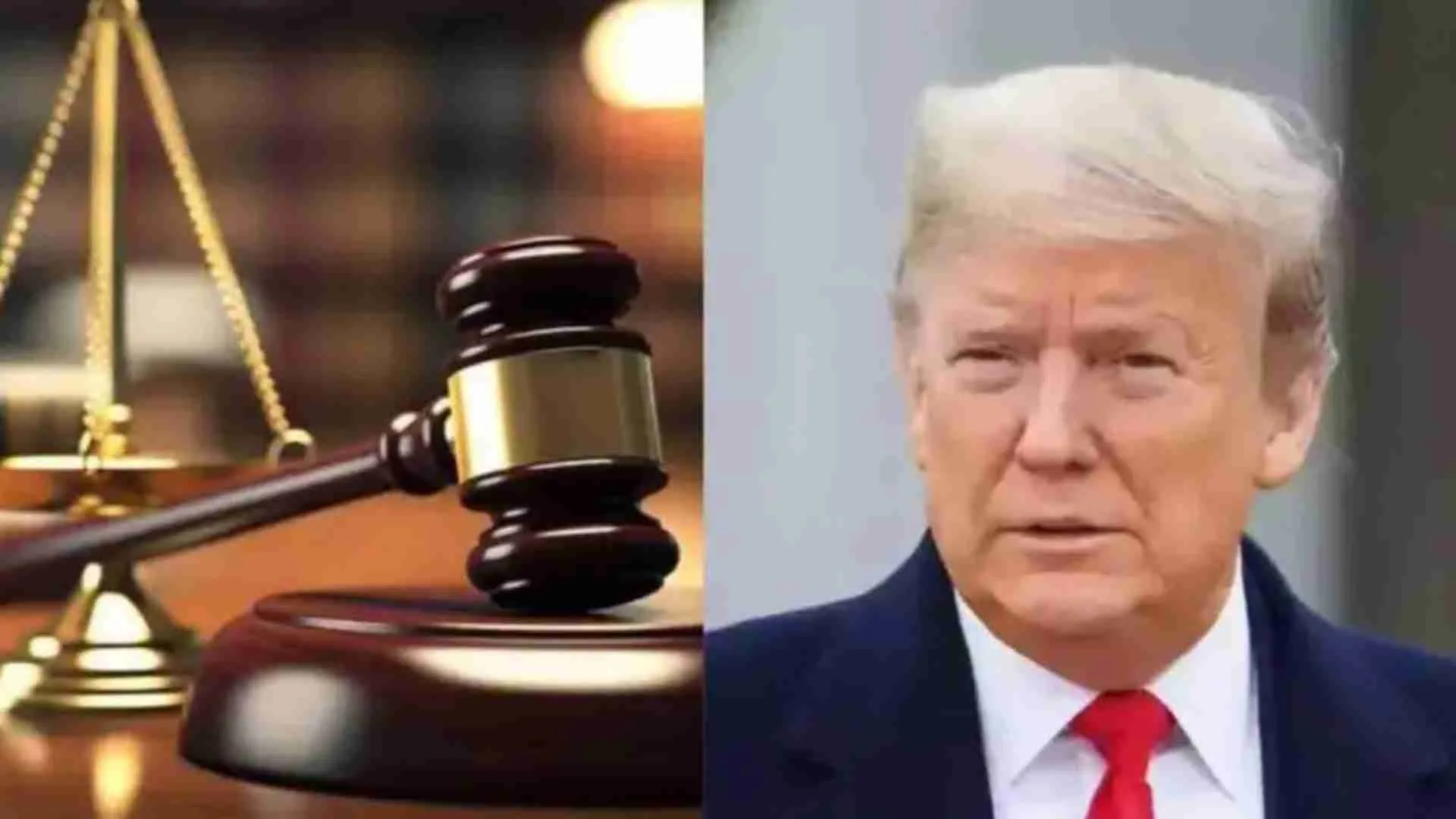
A coalition of twelve US states has filed a lawsuit aiming to block former President Donald Trump’s aggressive tariff strategy, calling it unconstitutional and economically damaging.
Led by New York Governor Kathy Hochul and Attorney General Letitia James, the lawsuit argues that Trump overstepped his authority by imposing sweeping tariffs without the approval of Congress. The case has been submitted to the United States Court of International Trade.
At the heart of the legal battle is Trump’s use of a decades-old law—the International Emergency Economic Powers Act (IEEPA)—to justify the tariffs.
The IEEPA, enacted in the 1970s, allows a president to respond to foreign threats after declaring a national emergency. But legal experts and the plaintiffs argue that it was never intended to be used for setting trade policies.
“By using emergency powers to bypass Congress and impose massive tariffs, the former president has violated the Constitution and thrown global trade into chaos,” the lawsuit states.
Trump has used the IEEPA to slap tariffs on countries including China, Mexico, and Canada—actions he says are necessary to combat trade imbalances and protect American industry.
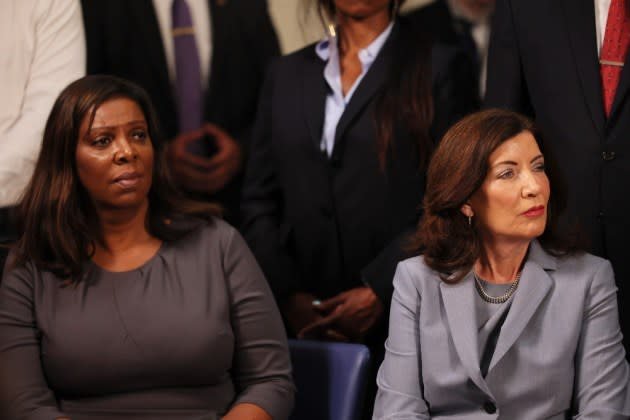
In early April, he triggered market turmoil by announcing sweeping “reciprocal” tariffs worldwide, later dialing back most to 10% after backlash.
However, China remains subject to a staggering 145% tariff, escalating tensions between the two superpowers.
The White House has defended the tariffs, arguing they are essential for national security and economic stability.
Spokesman Kush Desai accused New York’s attorney general of pursuing a “witch hunt” instead of focusing on state needs.
California has also filed a separate but similar lawsuit, and more states are expected to join the legal challenge.
As global markets react and legal proceedings begin, all eyes are now on whether the courts will rein in Trump’s sweeping trade actions—or leave them standing amid a storm of economic and political debate.
Related News
You may like


Trump Freezes Student Visas as US Tightens Social Media Checks


Trump Tells Canada to Pay Its Own Way in Fiery White House Meeting


Trump Admin Threatens Harvard with Foreign Student Ban (See Details)


Trump Vows to Buy Tesla Amidst Stock Slump, Blames ‘Radical Left’


Trump Tells Zelensky to Make a Deal or ‘We Are Out’ in Heated Exchange


Trump Unveils $5 Million “Gold Card” for Fast-Track U.S. Citizenship

